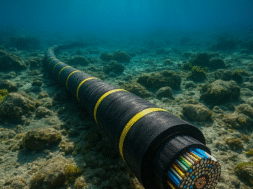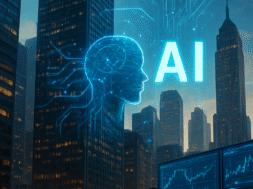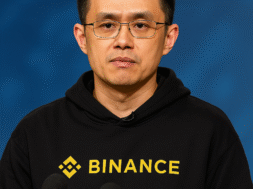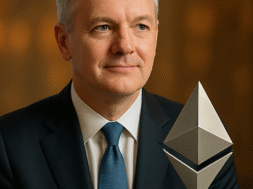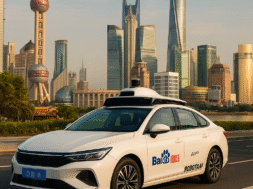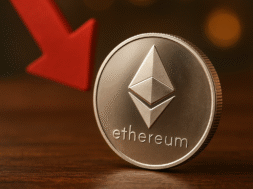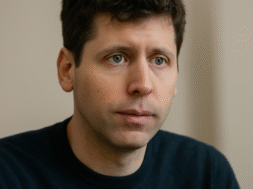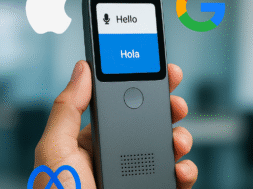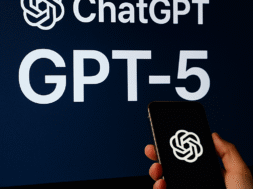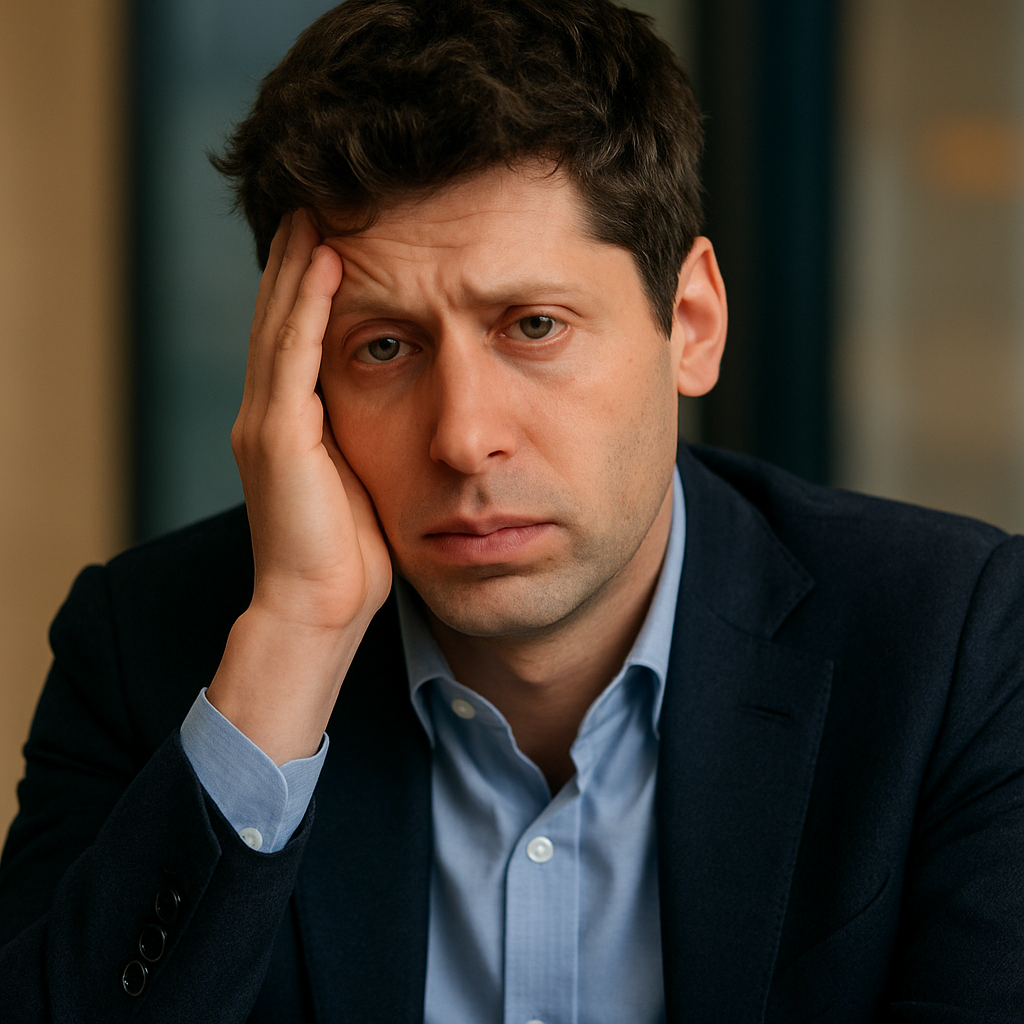
Sam Altman Speaks Out: OpenAI CEO Reveals Sleepless Nights Over ChatGPT’s Ethics, Privacy, and Future
In a recent in-depth interview, OpenAI CEO Sam Altman shared candid insights on the ethical, moral, and privacy dilemmas surrounding ChatGPT and the broader impact of artificial intelligence.
Altman admitted that the weight of responsibility often keeps him awake at night. “I don’t sleep that well. Every day, hundreds of millions of people interact with our model, and I feel a huge responsibility,” he said during a nearly hour-long conversation with former Fox News host Tucker Carlson.
While Altman expressed less concern about major ethical missteps, he revealed that the small, day-to-day decisions about ChatGPT’s behavior cause him the most worry, as these can have significant long-term consequences.
Tackling Sensitive Issues Like Suicide
Altman acknowledged that one of the toughest challenges is how ChatGPT responds to users discussing suicide. Following a lawsuit filed by the parents of a teenager who took his own life, OpenAI has faced intense scrutiny over how the chatbot handles vulnerable users.
He admitted: “Maybe we could have said something better. Maybe we could have provided stronger advice to seek help.” OpenAI has since announced new measures to improve the chatbot’s ability to respond in sensitive situations.
Defining ChatGPT’s Moral Boundaries
Altman emphasized that OpenAI has consulted hundreds of ethicists and philosophers to shape ChatGPT’s responses, especially on questions that could pose dangers, like creating biological weapons. “There are clear cases where society’s safety must outweigh complete user freedom,” he noted, while admitting that the system will never be perfect and requires global input.
User Privacy and AI Privilege
On privacy concerns, Altman called for an “AI privilege” policy, comparing it to doctor-patient or lawyer-client confidentiality. He argued that conversations with AI should remain protected and confidential from government access, though he acknowledged that U.S. authorities can currently subpoena such data.
AI in Military Use
When asked if ChatGPT is being used in military operations, Altman did not give a direct answer, though he admitted many in defense likely consult AI tools. OpenAI has previously secured a $200 million contract with the U.S. Department of Defense to develop custom AI models for national security purposes.
The Future of Power and AI’s Role in Society
Carlson suggested that generative AI could make Altman one of the most powerful people on Earth, even likening ChatGPT to a “religion.” Altman responded that instead of centralizing power, AI could empower millions worldwide, enabling them to innovate, create businesses, and achieve more than ever before.
However, he also warned that many jobs will be replaced by AI in the short term, though he remains optimistic about AI’s potential to uplift humanity as a whole.




